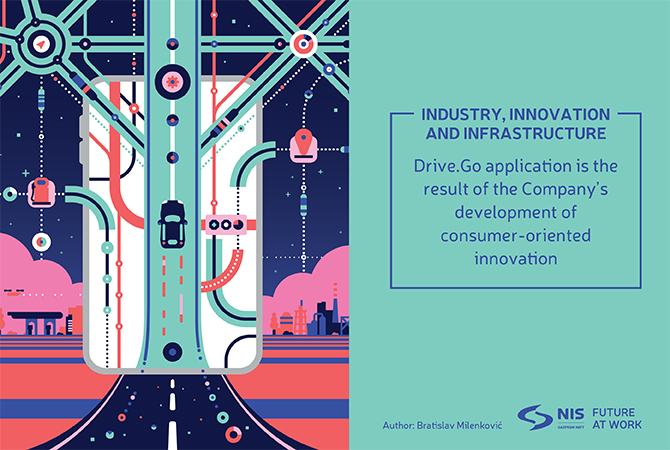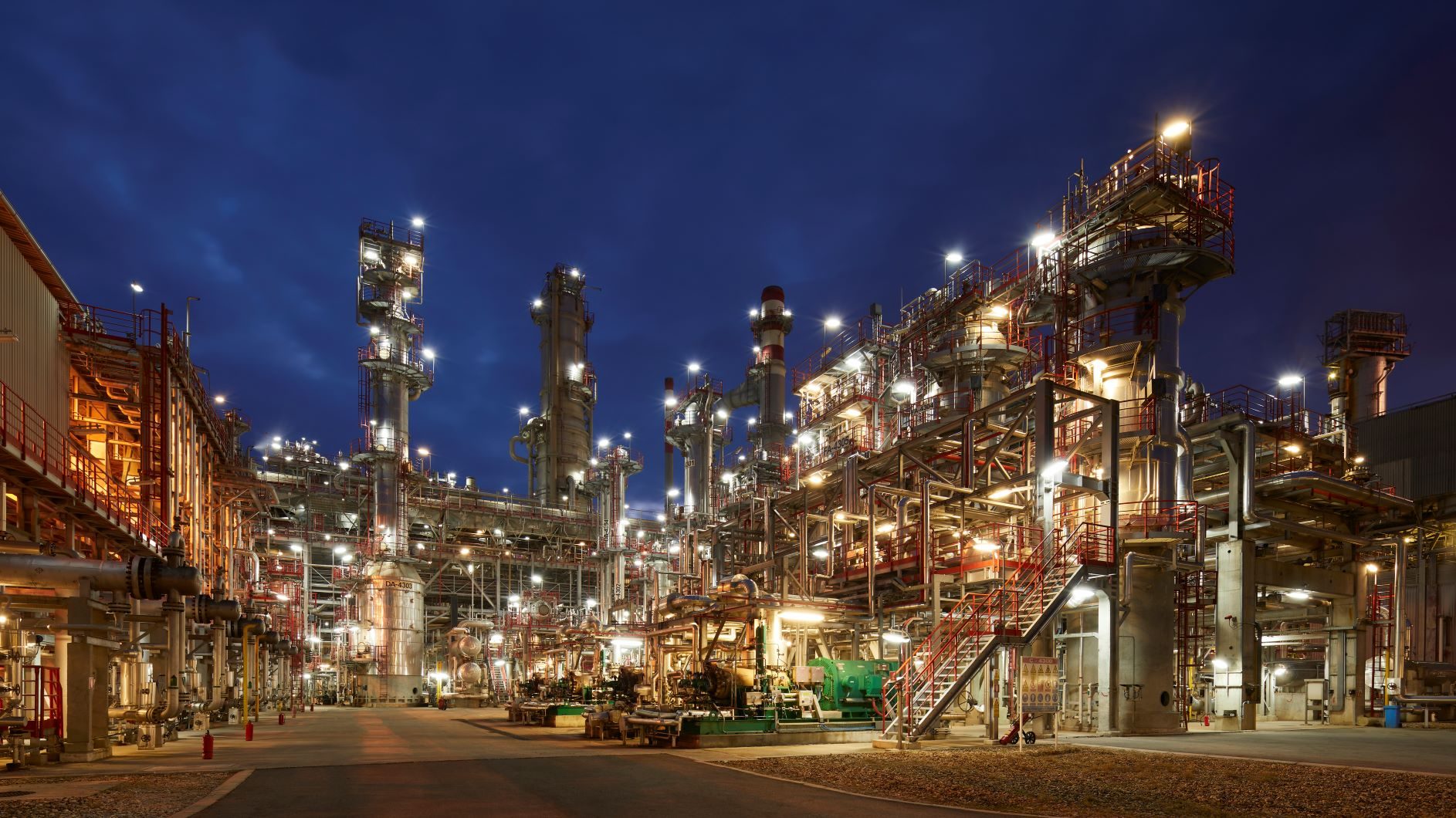By using virtual reality equipment and 3D modelling technology, NIS strives to improve the training of engineers to work in oil fields, the ability to maintain equipment and reactions in case of unplanned events

Recently, the news that The Pančevo Oil Refinery is becoming “digital” and that, as reported, “there is now technology that recognizes failures before they happen,” was all over the Serbian media. The news aroused great interest since it talks about technologies that are little known to the general public.
This reminded us that we are living in a time when, faster than ever before in the history of mankind, science, and with it everyday life of people, is changing, pushing the boundaries of the possible and creating a new reality in which we live.
Let us remember that the First Industrial Revolution brought very significant changes in the whole world with the mechanization of production, while the Second Industrial Revolution, with the help of electricity, enabled mass production and reform of the global market. With the help of electronic and IT technology, the Third Industrial Revolution brought automation of production and paved the way for another milestone, which we are witnessing today. According to the World Economic Forum, the Fourth Industrial Revolution is characterized by the fusion of technologies and the merging of the physical, digital and biological, which is the core of modern innovations. Modern infrastructure and innovation are so important in today’s world that their availability worldwide has become one of the 17 United Nations’ Sustainable Development Goals.
Our country is also a part of this process to a large degree, and we have pioneers who stand out. The NIS stands out as a company that nurtures an innovative approach to business and actively promotes sustainable development. The company states that, in order to keep up with global trends, their team of experts works tirelessly on implementing digital projects in all areas of business.
“The services that NIS provides to its customers make shopping easier and enable customers to pay via digital channels”
“These projects are based on the use of artificial intelligence, machine learning and processing of large databases. Thus, in 2019, NIS made a significant step forward in the process of digital transformation at all levels and defined 50 promising digital projects that will contribute to further modernization and improvement of the consumer experience “, the company states and adds that digitalization represents a chance for improvement and training of experts, as well as the application of modern technologies that promote making the best possible business decisions.

„By using virtual reality equipment and 3D modelling technology, NIS strives to improve the training of engineers to work in oil fields, the ability to maintain equipment and reactions in case of unplanned events. The utilization of machine learning in the exploration and production of oil and gas stands out among the numerous activities improved by the application of digitalization, which makes the search for these energy sources more efficient, ” NIS explains.
NIS adds that improving environmental protection and the safety of all employees are important goals of the implementation of digitalization in the company. Also, the application of new technologies and new business challenges is extremely important for connecting with young professionals in the labour market, as future leaders in the development of NIS.
In terms of retail, NIS continuously strives to improve the user experience and enable its customers to use the latest global trends in the domestic market, in addition to the top quality products. The services that NIS provides to its customers make shopping easier and enable customers to pay via digital channels. The Drive.Go application is one of these services, which allows customers at NIS petrol stations to pay for fuel without having to go to the cashier.